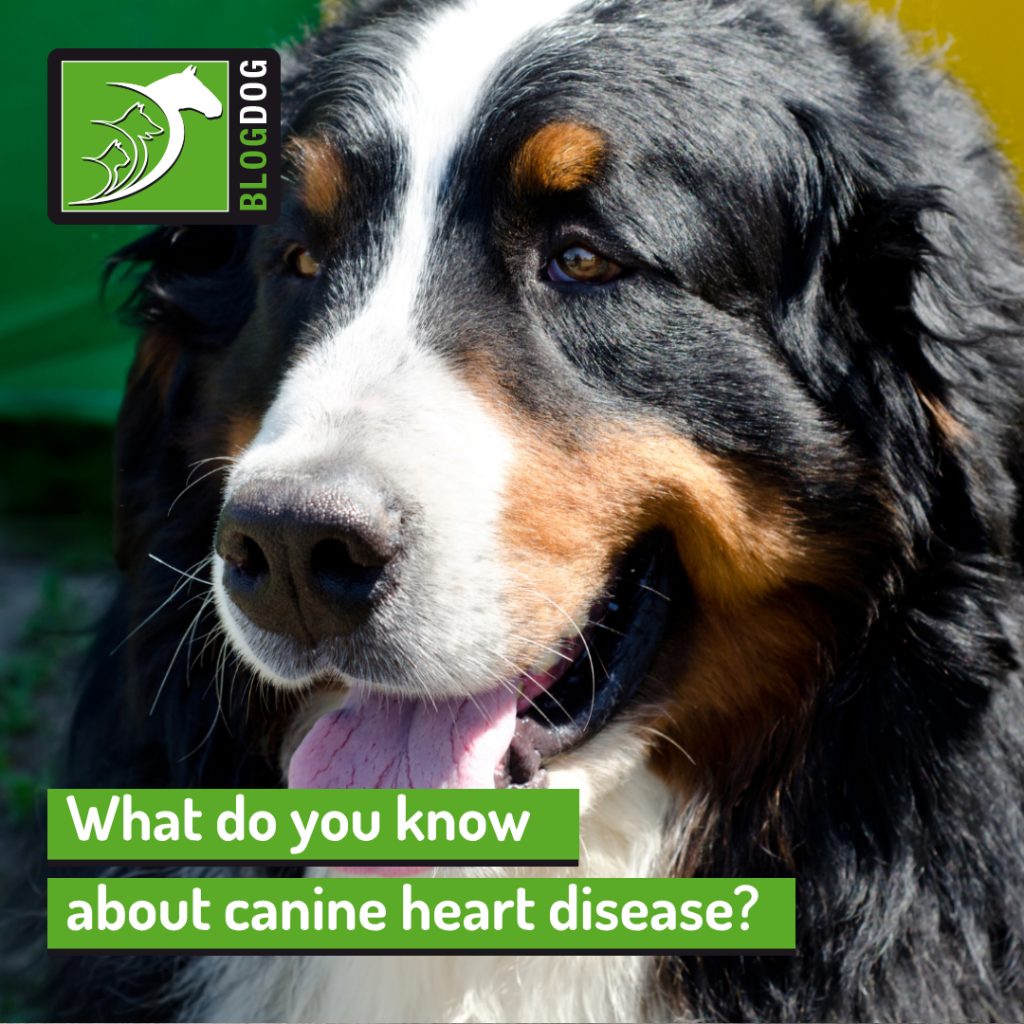
With holidays just around the corner, now is a great time to check on the arrangements for your cat during the time that you will be away.
Have you considered whether your cat will be happier with an in-home sitter or in a cattery? If so, do you have any trustworthy recommendations? Will your cat need any special requirements that might be difficult to source?
It’s also never too early to think about pet arrangements, especially as many of the best places might be booked if you wait too long! By planning ahead, you can avoid the stress of last-minute bookings and ensure that your furry family member is in the best possible care, giving you peace of mind during your break.
Keep reading to learn all about leaving your cat safe and sound during your well-deserved summer holidays!
Is a pet sitter or a cattery better for my cat?
While taking your dog with you on holiday is increasingly more common, especially for those of us who have adventurous pets, selling this concept to our feline friends is not as easy!
It’s not impossible to take a cat on a road trip, but most prefer to remain in one place and have a stable, familiar routine, which might be difficult during a holiday. This is why leaving him or her home with someone you trust and finding a trustworthy cattery or pet hotel are the best options for pets who will be staying behind.
Whether a sitter or a hotel is better for your cat, in particular, depends on his or her needs (for instance, does he or she require daily medical care?), personality (some cats might be very nervous at being away from their house), and what resources you have available in your area.
Ultimately, you need to consider all of the factors that might impact your furry friend’s comfort or health and make an informed decision!
How can I know the place I chose is good for my cat?
Regardless of where your cat would feel better, you’ll need to make a good choice on what place or person to talk to.
Here are some tips to ensure that your feline friend will be in great hands:
• If possible, get a referral from a trusted friend or your vet;
• In case you have to find something yourself, research their online presence, their reviews and compile a list of questions to ask them;
• Professional pet sitters and hotels are always happy to answer any questions you might have and will be as transparent as possible with you;
• It’s best to visit any boarding location before booking to get a feel of the conditions they offer, what they can do for your cat (for example, giving medication on time), their emergency protocols and ask how often they will update you on your pet
• Ensure that your furry friend will have any special accommodations he or she requires, and avoid settling for a solution that won’t deliver your cat’s needs.
This can be a lot of work! Take your time to research and make a good decision without feeling pressured to settle for anything less than your pet deserves.
In summary
• If you’re planning on going on holiday and leaving your cat behind, make arrangements as soon as possible before the best options are fully booked!
• A trusted friend or your vet can recommend sitters or a cattery that will be good for your cat;
• When choosing one of these on your own, make sure you research them thoroughly first and, if possible, visit their premises;
• A friend or family member house-sitting for you, a professional pet sitter or a cat hotel are all valid choices and what will be best for your cat will depend on his or her personality and needs.
Would you like to know more about cats? Check our Feline Courses:
Feline courses


